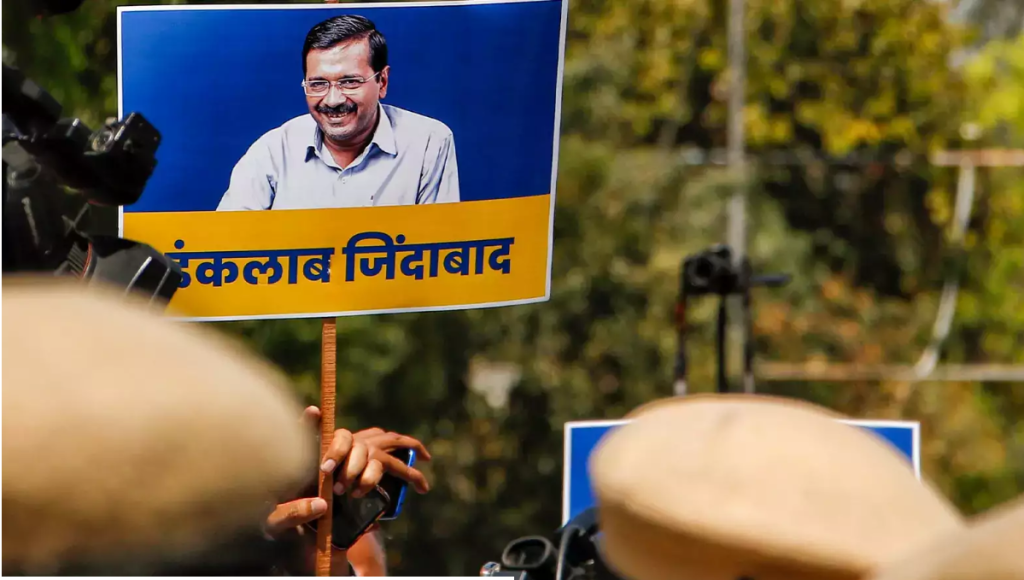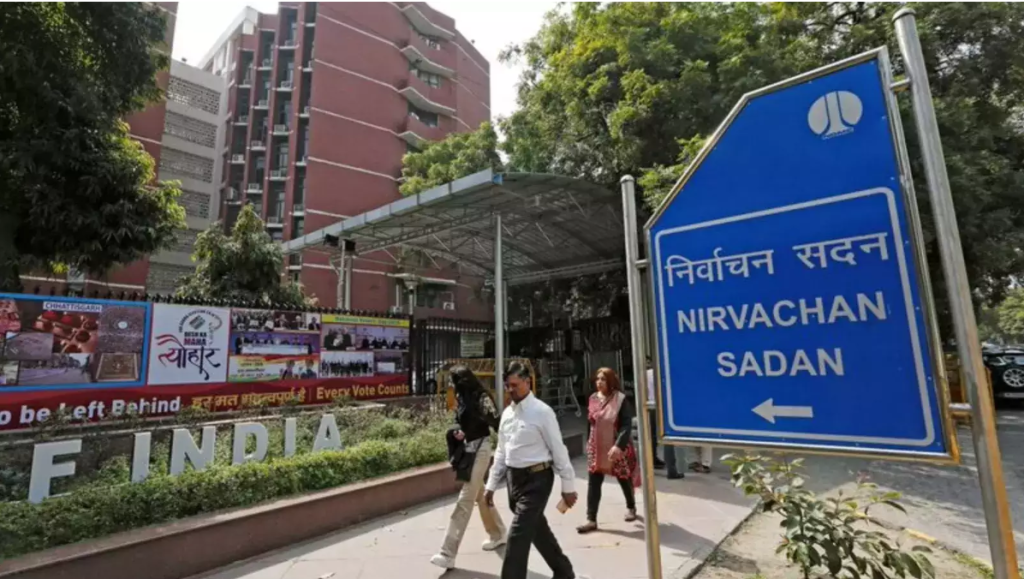India’s decision to vote against Iran in the UN has brought protests from left parties and media. They say India is abandoning its independent foreign policy.
I am amazed by the mendacity and hypocrisy of such talk. It implies that Indian policy has been and should be dictated by high morality and detached impartiality. Rubbish! Foreign policy should be dictated by national interest. We should have neither permanent friends nor permanent enemies, only permanent interests. If this means wooing a country one day and ditching it the next, so be it. If it means wooing the Soviets one day and the Americans another, so be it. If it means massaging mullahs in Iran and dictators in Africa while claiming to be a beacon of secular democracy, so be it.
But opportunism is only one side of diplomacy. As important is the need to build up our own strengths and attractions so that others (like Bush) want to woo us.
In the 1950s, the Soviets and Americans sought global military alliances. India claimed to take the high moral ground by refusing to align with either. In fact this was a self-serving ploy, playing off rival superpowers against one another and maximizing what aid and trade concessions India could get from each. Non-alignment, supposedly moral, was also immensely profitable.
India urged all developing countries to join the non-aligned movement. In one sense it was overwhelmingly successful: virtually everybody joined. But in another sense it was farcically hypocritical, since the movement included everybody from Cuba (a Soviet toady) to Singapore (an American toady). Non-alignment became the right to suck up to anybody and still claim to be independent.
India looked bravely independent in policy when it condemned British intervention in Suez Canal in 1956. But this was actually riskless, since the US opposed the intervention, and obliged Britain to withdraw. It was in fact an example of India siding with the US.
Then the Soviets invaded Hungary, but the Indian government refused to condemn it. Despite claims to a moral, independent foreign policy, Nehru did not want to antagonize the Soviets. Later in 1968 the Soviets invaded Czechoslovakia, and again India refused to condemn this. In 1979 the Soviets invaded Afghanistan and the temporary Prime Minister Charan Singh condemned it. But soon after a general election followed which was won by Indira Gandhi, and she took the position that the Afghan government had invited the Soviet Army. A splendid display of independent policy!
The Indian left and media did not complain on any of these occasions that India had abandoned its independent foreign policy. For them, “independent” meant anti-American. That hypocrisy remains intact today.
India did not hesitate to stroke the US when necessary. It never condemned US intervention in Vietnam. At the time India desperately need US food and financial aid, and so discreetly held its tongue.
In the 1950s India declared that military alliances were utterly abhorrent, and so refused to join US military alliances like CENTO and SEATO in the 1950s. That sounded bravely independent. But in 1971, India signed a military alliance with the Soviet Union, providing for each side to help the other if attacked. Why the U-turn in policy? Because the deal kept China out of the Indo-Pak war over the liberation of Bangladesh. Rhetoric about an independent foreign policy has always been trumped by opportunism.
On the nuclear front, India in the 1950s claimed devotion to ahimsa and non-violence, and so duped Canada and the US to set up the Cirus nuclear reactor in India, for peaceful purposes only. But when it suited Mrs Gandhi, she used the reactor to produce fuel for India’s first nuclear explosion in 1974. This brazenly violated the terms on which Cirus had been given, so India pretended that the nuclear explosion was for peaceful purposes, like blasting canals. Naïve, patriotic Indians bought that line, but nobody abroad did. Soon after, India built the Dhruva reactor, explicitly for bomb-grade fuel. So much for the great pacifist nation that swore by ahimsa and called for universal disarmament. We lied, violated agreements and resorted to the lowest hypocrisy to become a nuclear power. Machiavelli would tell you it was excellent foreign policy.
As for the current row in the UN, India should be able to massage both Iran and the US and get away with it. That seems likely today. But if indeed India has to choose between the US and Iran, it would be stupid to side with the mullahs. Ronen Sen, Indian Ambassador to the US, points out that oil and gas are limited resources that will one day run out, but nuclear power can continue forever. If India has to choose between gas from Iran and nuclear power from the West, nuclear power must get priority. We can get gas from countries other than Iran. But we can get nuclear technology and supplies only from the Nuclear Suppliers’ Group. Self-interest, please.




